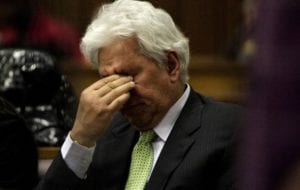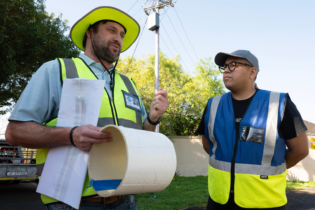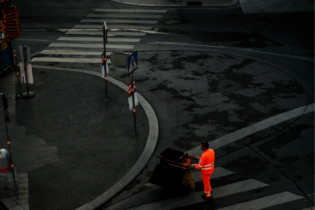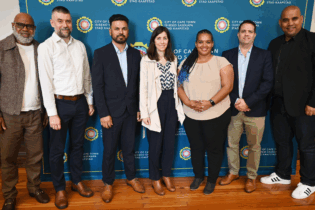Alli will leave Sanral on 3 June after heading it since its founding in 1998. In an email sent by Ogilvy Public Relations SA, the agency retained by Outa for its communications strategy, Clarke, who has worked with communities in the Pondoland area most affected by a proposed toll road there, claims that Alli has “acted contrary to policy and good corporate governance principles”. Clarke said the recent court decision which went against SANRAL, and an article he had written, had prompted an unnamed former senior SANRAL executive to approach him with new information. “It would appear that the decision made by SANRAL’s board over 10 years ago to invest Treasury revenue in order to bring the scheme within commercial reach of the WCC’s (N2 Wild Coast Consortium) bid to construct the green-fields section of the N2 shortcut via the Pondoland Wild Coast, was highly irregular and contrary to policy,” Clarke said. The allegations were serious enough to warrant a forensic investigation by the public protector, he said.
Clarke further alleges that the agreement between Sanral and the N2 WCC “fell far short of transport policy requirements”.
Clarke and Wayne Duvenage, the spokesman for Outa, did not respond to requests for comment by the time of going to press yesterday. Alli said no tender had ever been awarded for the road, and no money had been spent by SANRAL, save for that spent on the social, economic and environmental impact assessment studies that have been published and are on the Sanral website. Clarke’s assertion that the alignment for the road selected by SANRAL favoured mining company Xolobeni Mineral Sands, was “absolute rubbish”, Alli said. Sanral had reviewed “about 10 different alignments” for the road’s routing. Any decision to reject or accept any of these routes had been based purely on the environmental impact assessment findings, he said. “We first looked at that road in 1997 long before the Xolobeni thing. We looked at over 10 alignments and all of these alignments were dictated to us by environmental issues. It has nothing to do with Xolobeni — we have absolutely nothing to do with Xolobeni. Clarke has been the main architect of trying to link mining to that road.” he said. After the news of Alli’s decision to resign from SANRAL, his work at the agency was praised by SANRAL’s shareholder ministry, the Department of Transport, and by industry association Consulting Engineers of SA. No announcement has been made by the department on when or if tolling will be implemented beyond the intermediate date of delayed implementation of 31 May. Source: businessday.co.za







